Optimal Timing for Demolition Services
Determining the optimal time for demolition service depends on various factors including project scope, weather conditions, and local regulations. Planning demolition during periods of mild weather can reduce delays caused by rain, snow, or extreme temperatures. Additionally, scheduling during off-peak seasons may lead to cost savings and faster project completion.
Drier, moderate weather is ideal for demolition projects to ensure safety and efficiency.
Align demolition with construction schedules to minimize downtime and keep projects on track.
Coordinate with local authorities to ensure permits and regulations are met at the appropriate time.
Off-peak seasons may offer reduced costs and less congestion, facilitating smoother operations.
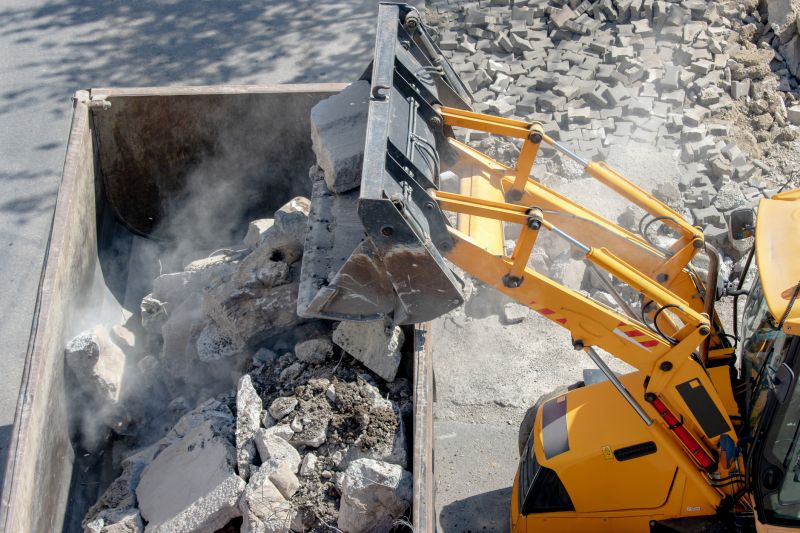
Heavy machinery performing controlled demolition in optimal weather conditions.
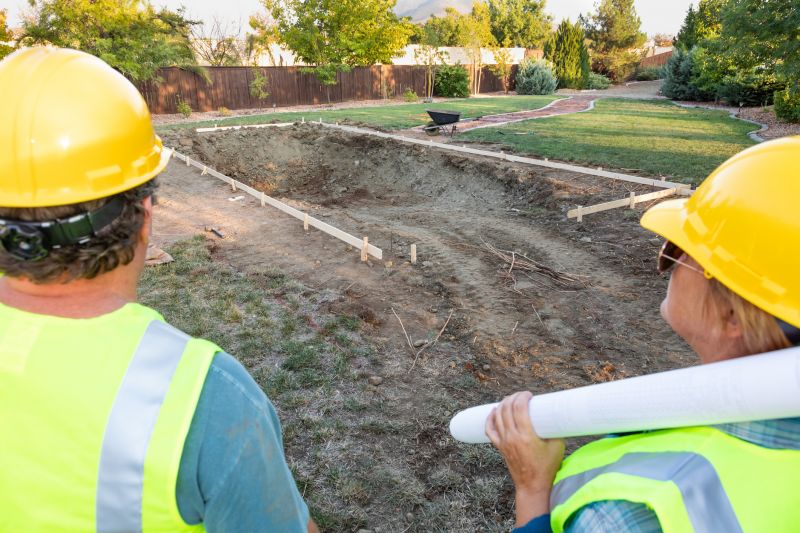
Preparing a site during suitable weather for efficient demolition.

Implementing safety protocols during demolition projects.
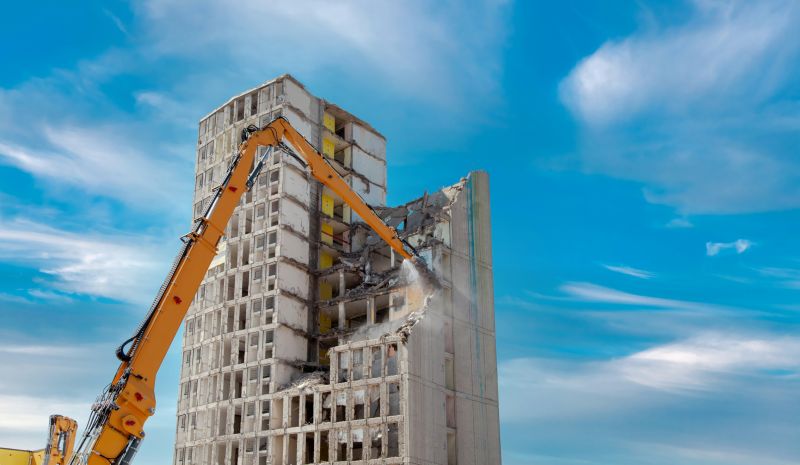
Clearing debris after demolition in favorable conditions.
| Factor | Best Practice |
|---|---|
| Weather | Schedule during mild, dry conditions |
| Project Phase | Coordinate with construction timelines |
| Permitting | Obtain permits ahead of scheduled work |
| Seasonality | Plan during off-peak seasons |
| Safety | Avoid high wind or storm periods |
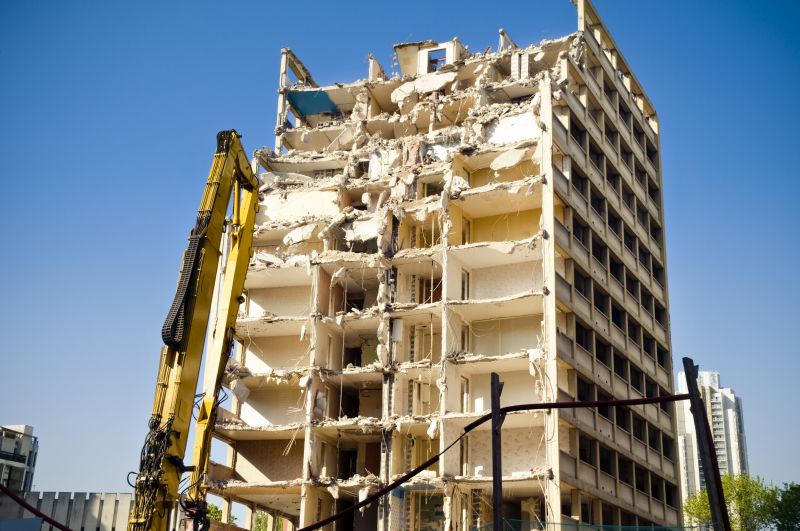
Precision demolition using specialized equipment.
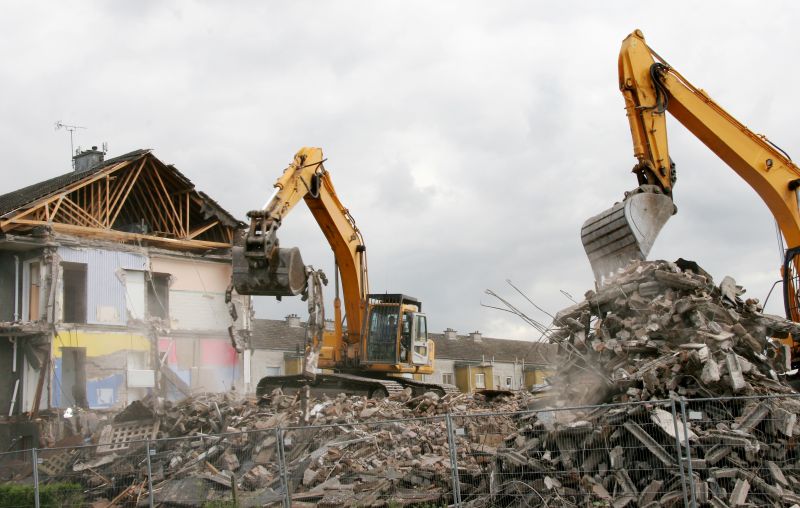
Excavators and wrecking balls in action.
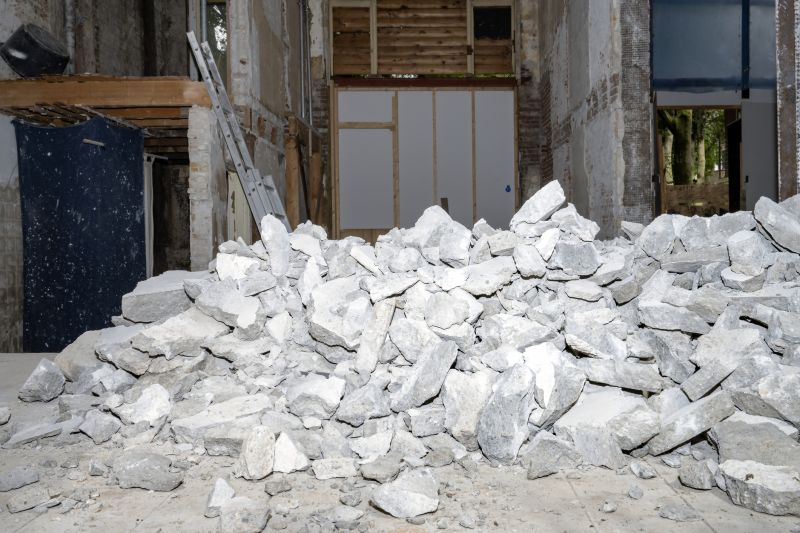
Efficient cleanup after demolition.

Preparing the site for new construction.
Choosing the right time for demolition can prevent delays and reduce costs. It is advisable to plan demolition activities during periods with favorable weather and minimal regulatory restrictions. Proper timing ensures safety, efficiency, and smooth transition to subsequent construction phases.
Fill out the contact form to inquire about scheduling and project details.



